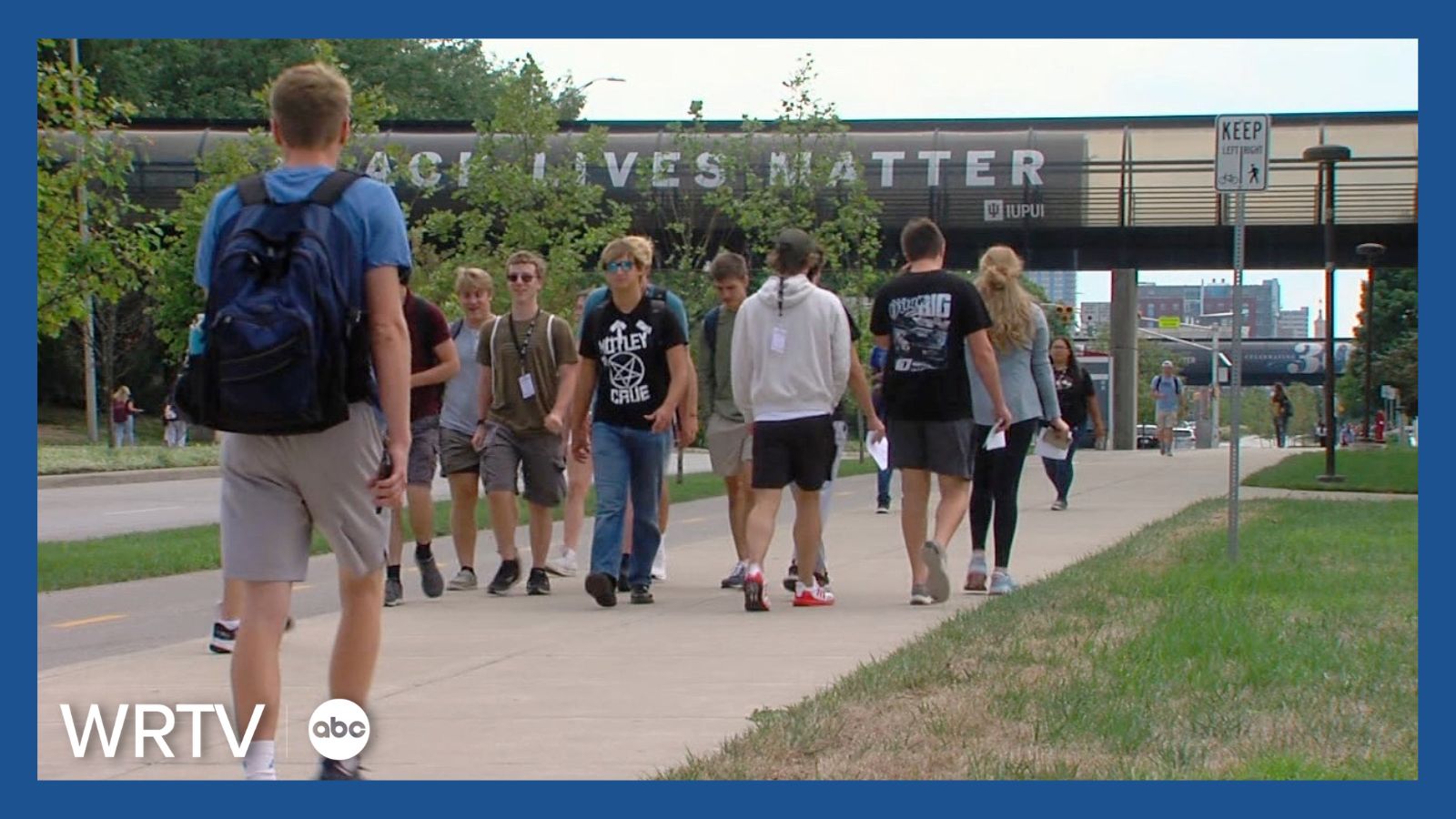INDIANAPOLIS — The U.S. Supreme Court ruled that race cannot be a factor in college admissions, overturning a precedent set in 2003 by Grutter v. Bollinger.
The court ruled in a 6-3 decision, with the three liberal justices being in the minority.
Affirmative Action policies were put in place by a number of universities to boost admissions among historically underserved and discriminated groups.
Several states had since banned the practice, but it remained widely used at some of the nation's top academic institutions.
“Limiting the consideration of applicant's race and racial background does actually constrict the opportunity pipeline,” Ellen D. Wu, Ph.D. Associate Professor of History at IU Bloomington, said.
Wu says while her colleagues at IU work to give every student an equal opportunity, one of the benefits of going to college is being around so many people who come from different walks of life.
According to Wu, Thursday’s Supreme Court ruling is a step backwards.
“Diversity really does enrich our intellectual, scholarly and life experiences in that environment,” Wu said.
Indianapolis resident Tevin Studdard graduated from Indiana State University with a degree in communications.

Now, he feels others like him might not get the same chance that he did with a higher education.
“I feel like it’s crazy that you are limiting for people to better their situations who don’t have the same opportunities,” Studdard said.
Studdard says one positive thing that might come from the ruling is a push for kids to attend historically black colleges and universities (HBCUs), but he does feel as if this is a step back for our country.
“How do we limit these opportunities for people trying to better themselves,” Studdard said.





